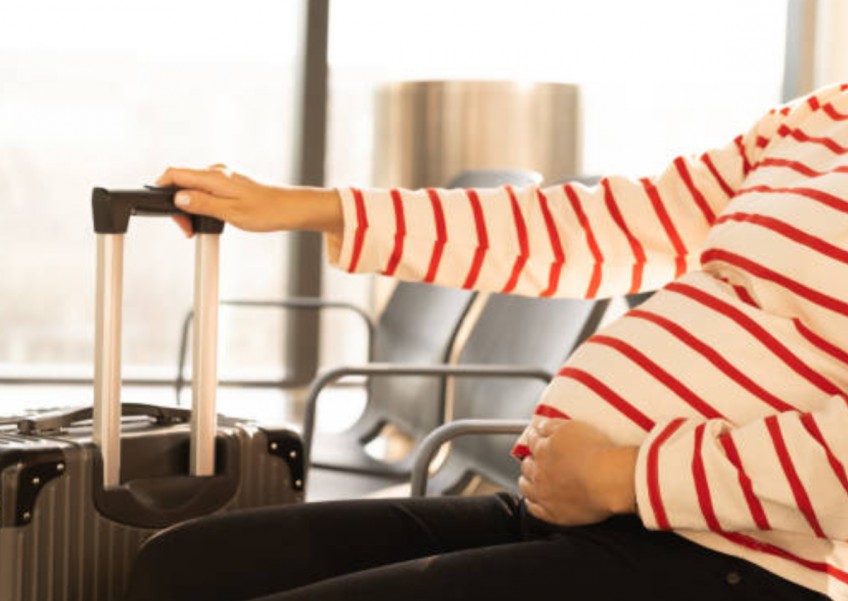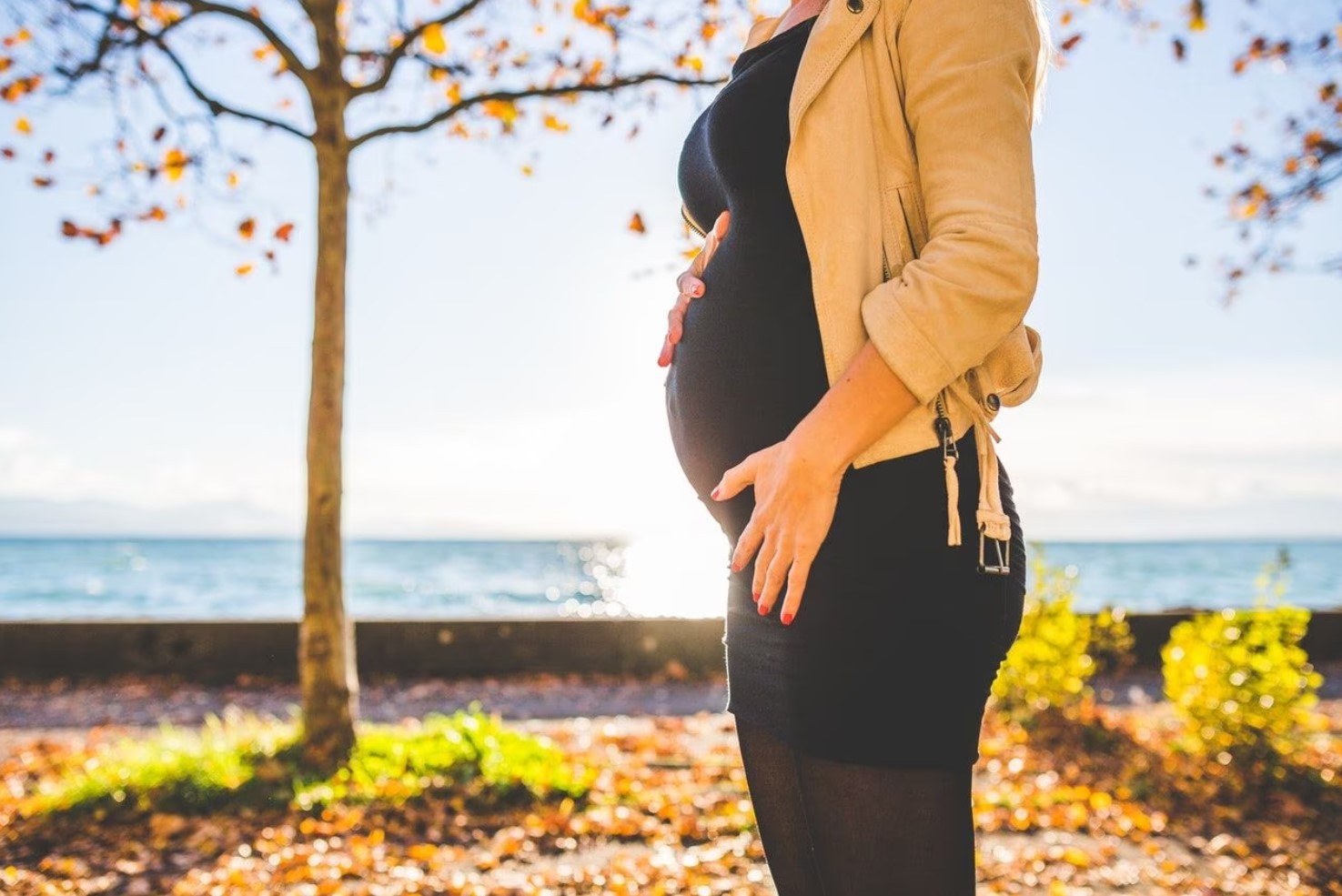A guide to flying safely while pregnant

Discover the truth about flying while pregnant and learn how to ensure a safe and comfortable flight for you and your baby.
Here’s what you need to know about flying during pregnancy.
Pregnancy is an incredible and transformative journey for women. From the moment you find out you’re expecting, life becomes a whirlwind of excitement, anticipation and, let’s be honest, a little bit of worry.
One common concern that many expectant mothers have is whether it is safe to fly during pregnancy. After all, travelling by plane involves a change in altitude, pressurised cabins and potential exposure to various environmental factors. So, let’s address the burning question: is it safe to fly during pregnancy?
The short answer is yes. For most women, flying during pregnancy is considered safe. However, it’s important to consult with your healthcare provider before making any travel plans, as individual circumstances can vary. Here are some key points to consider:
In general, women with healthy, low-risk pregnancies can safely travel by plane. Commercial airlines do not have specific restrictions on pregnant passengers and many airlines allow pregnant women to fly up until their 36th week. However, some airlines may have their own policies, so it’s wise to check with the specific carrier before booking your ticket.
While many airlines allow pregnant women to travel up until the 36th week, it’s crucial to note that each pregnancy is unique, and factors such as previous complications, multiple pregnancies and overall health should be taken into account.
Additionally, some airlines may require a medical certificate stating that you’re fit to fly if you’re in your third trimester. It’s always best to confirm the airline’s policies and discuss your travel plans with your healthcare provider.
Flying during pregnancy is generally safe but it’s important to be aware of potential risks. So, before you plan your babymoon in a different country, here’s everything you need to know to keep your baby safe and healthy while you’re up in the air.
Sitting for extended periods during a flight can increase the risk of blood clots, also known as deep vein thrombosis (DVT). To minimise this risk:
Exposure to radiation is a concern for frequent flyers or those embarking on long-haul flights. However, it’s essential to note that the level of radiation exposure during a single flight is considered minimal and unlikely to harm you or your baby.
Nonetheless, it may be prudent to discuss your travel plans with your healthcare provider to assess your personal radiation exposure. They can provide guidance based on your specific circumstances.
Aeroplane cabins are known for their low humidity levels, which can lead to dehydration and dry skin. These conditions may be uncomfortable for pregnant women. To stay hydrated:
Flying involves changes in cabin pressure, which can cause discomfort, particularly during takeoff and landing. To alleviate the pressure changes:

Travelling, especially long journeys, can be stressful and tiring for anyone, and pregnancy can amplify these feelings. To manage stress and fatigue:
Remember, it’s crucial to consult with your healthcare provider before making any travel plans. They can provide personalised advice based on your specific health condition and pregnancy status. By being aware of the potential risks and taking appropriate precautions, you can make informed decisions and ensure a safe and comfortable journey.
When it comes to choosing the best seat for a pregnant woman on a plane, opting for an aisle seat is often recommended.
The aisle seat provides easier access to the restroom and allows you to stretch your legs and move around more freely during the flight. Additionally, it reduces the chances of being accidentally bumped by other passengers or the food cart in the narrow aisle.
However, it’s important to note that seat preferences may vary depending on personal comfort and individual needs. It’s always a good idea to consult with your healthcare provider and the specific airline for any additional recommendations or considerations.
ALSO READ: Going on a babymoon? Here are a few things to keep in mind
Although flying during pregnancy is generally safe, certain situations may require immediate medical attention. If you experience any of the following symptoms during a flight, it’s important to seek assistance from the flight crew:
Remember, it’s always better to err on the side of caution and seek medical help if you have any concerns or symptoms that worry you.
In conclusion, flying during pregnancy is considered safe for most women with low-risk pregnancies. However, it’s crucial to consult with your healthcare provider before making any travel plans.
Be aware of individual airline policies, take necessary precautions and seek medical help if you experience any concerning symptoms during a flight. With proper planning and care, you can enjoy your travels while keeping you and your baby safe.
This article was first published in theAsianparent.